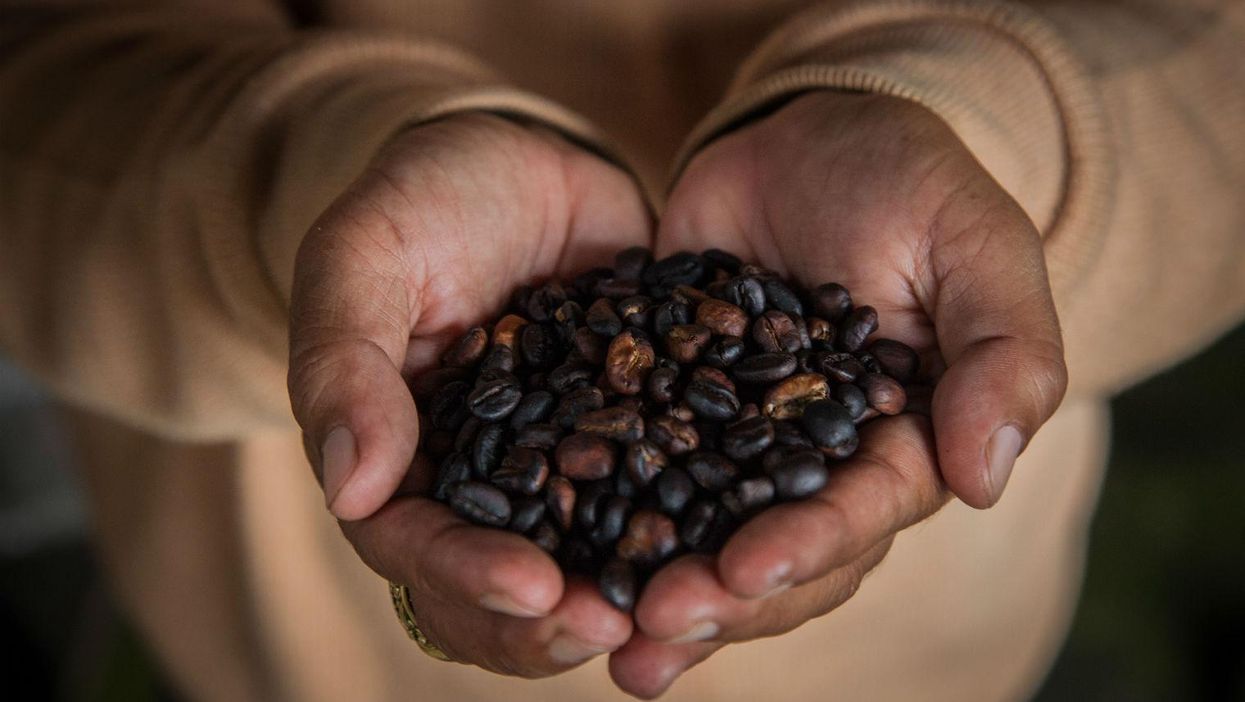News
Evan Bartlett
Feb 17, 2015

Coffee is the most widely consumed psychoactive stimulant in the world. In fact, for many people, the day doesn't really get started until their first cup has been drunk.
Thankfully for all those addicted to the caffeine-based drink, there are numerous scientific studies which suggest it could actually be good for you.
Caffeine makes you more alert
Ok, so this one may be obvious, but a study by researchers at the US Army Research Institute for Environmental Medicine, found "positive effects of caffeine on tasks requiring speeded responses and continuous vigilance".
It's a source of antioxidants
Researchers from the University of Scranton, who analysed the effects of over 100 foodstuffs, found that coffee is the number one source of antioxidants for people living in the US - even more than they do from fruits and vegetables..
Its aroma can relieve sleep-related stress
A study with sleep-deprived rats found that the smell of coffee helped to increase proteins in the brain that have "healthful antioxidant properties known to protect nerve cells from stress-related damage".
It could help to ward off cancer
Various studies have found links between coffee consumption and a reduced risk of certain types of cancer - uterine cancer, skin cancer, liver cancer and colon cancer.
It can help memory loss
Scientists at the Universities of South Florida and Miami found evidence that coffee consumption among elderly people with mild cognitive impairment could reduce the likelihood that they would go on to develop Alzheimer's.
It can help athletic performance
Caffeine increases the number of fatty acids in the bloodstream. Consuming coffee before exercise allows the body to burn these off first, saving the body's stores of carbohydrates for later on. Tennis player Serena Williams put her first victory of 2015 down to "the really good cup of coffee" she drank during the interval.
Consumption can reduce the risk of Type 2 diabetes
Researchers in China found that people who consumed four cups of coffee a day had a reduced risk of developing Type 2 diabetes. They believe this may be due to two compounds in coffee that inhibits the "misfolding" process of amylin (or human islet amyloid polypeptide) which causes the condition.
So how much of the stuff should we drink every day?
After studying the beneficial effects of coffee, Professor Joe Vinson from the University of Scranton recommends moderation is key: "One to two cups a day appear to be beneficial." It seems to be generally agreed that 400mg of caffeine (roughly three or four cups) is the most a healthy person should be drinking. Pregnant women or those with health conditions should adjust accordingly.
And don't forget, as we pointed out last week, 9.30am is the optimum time to drink that first cup of the day. Happy brewing.
Top 100
The Conversation (0)
















